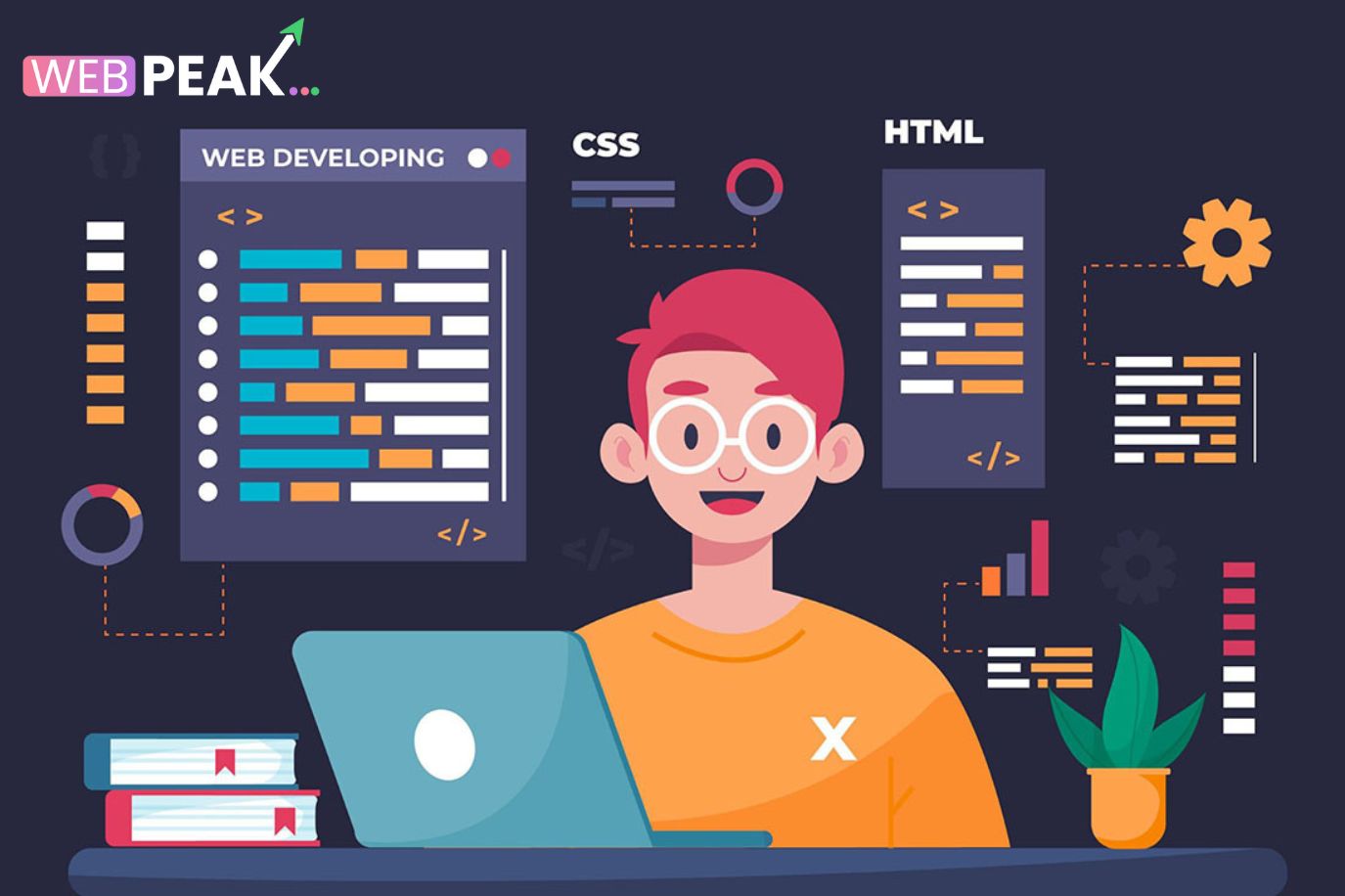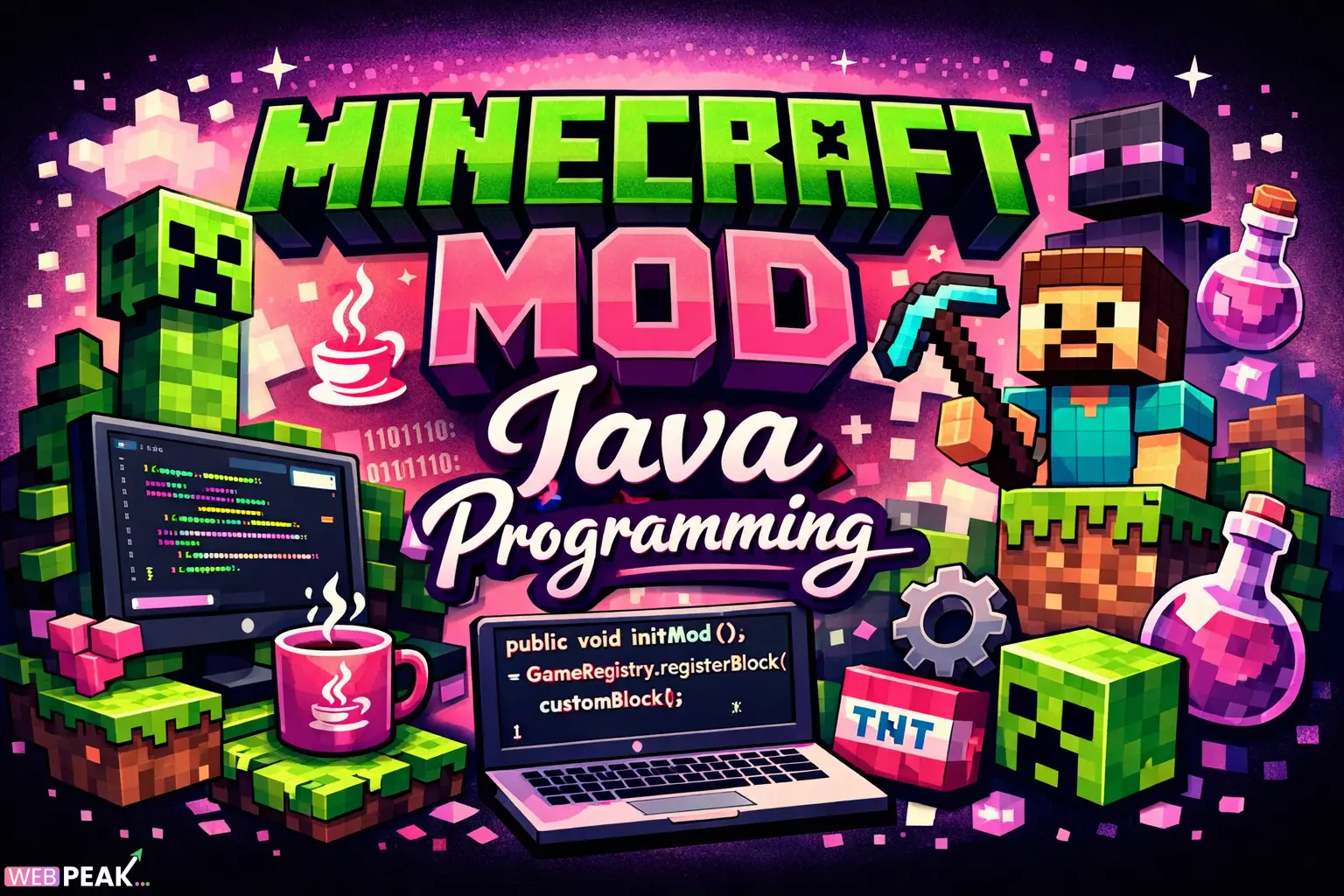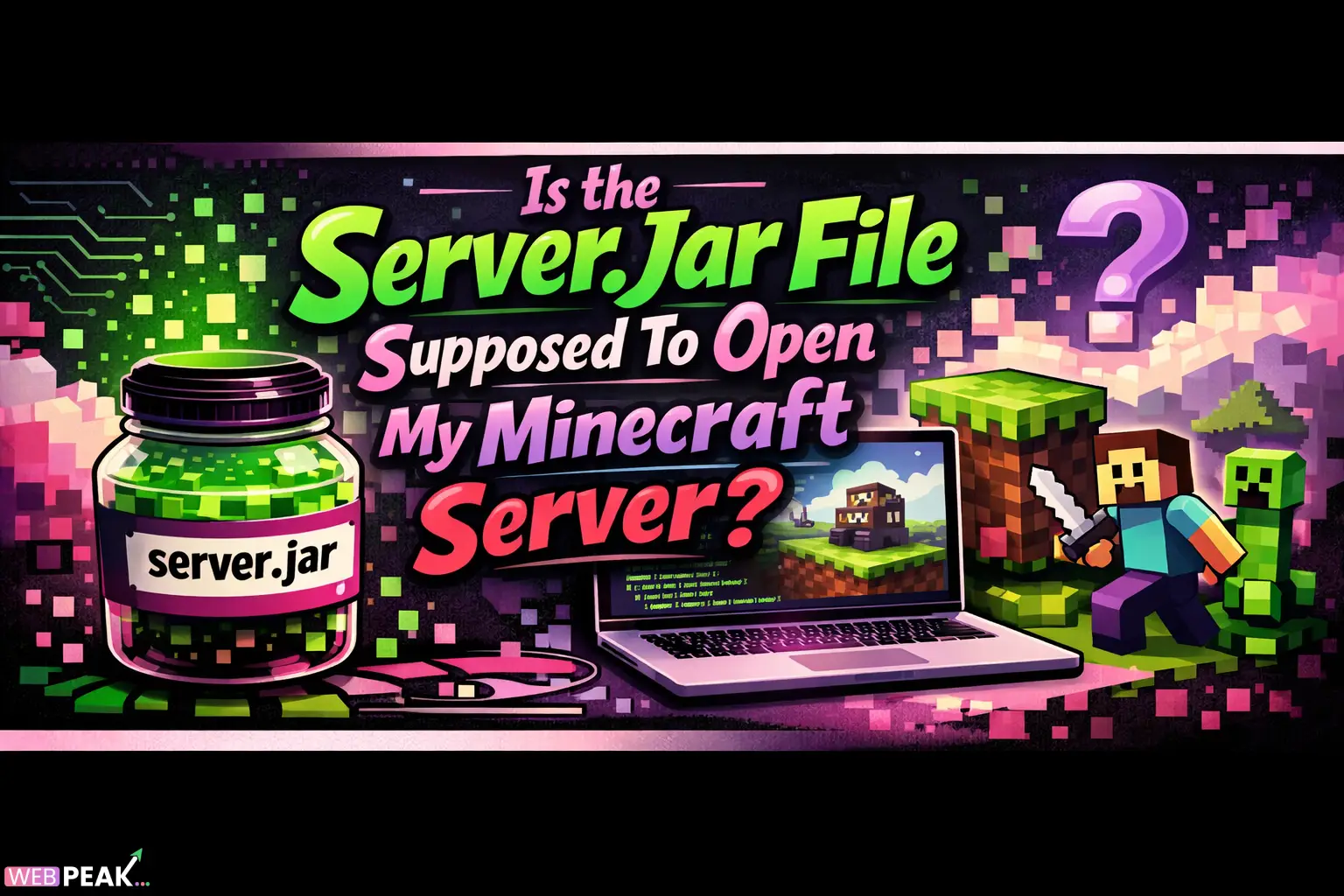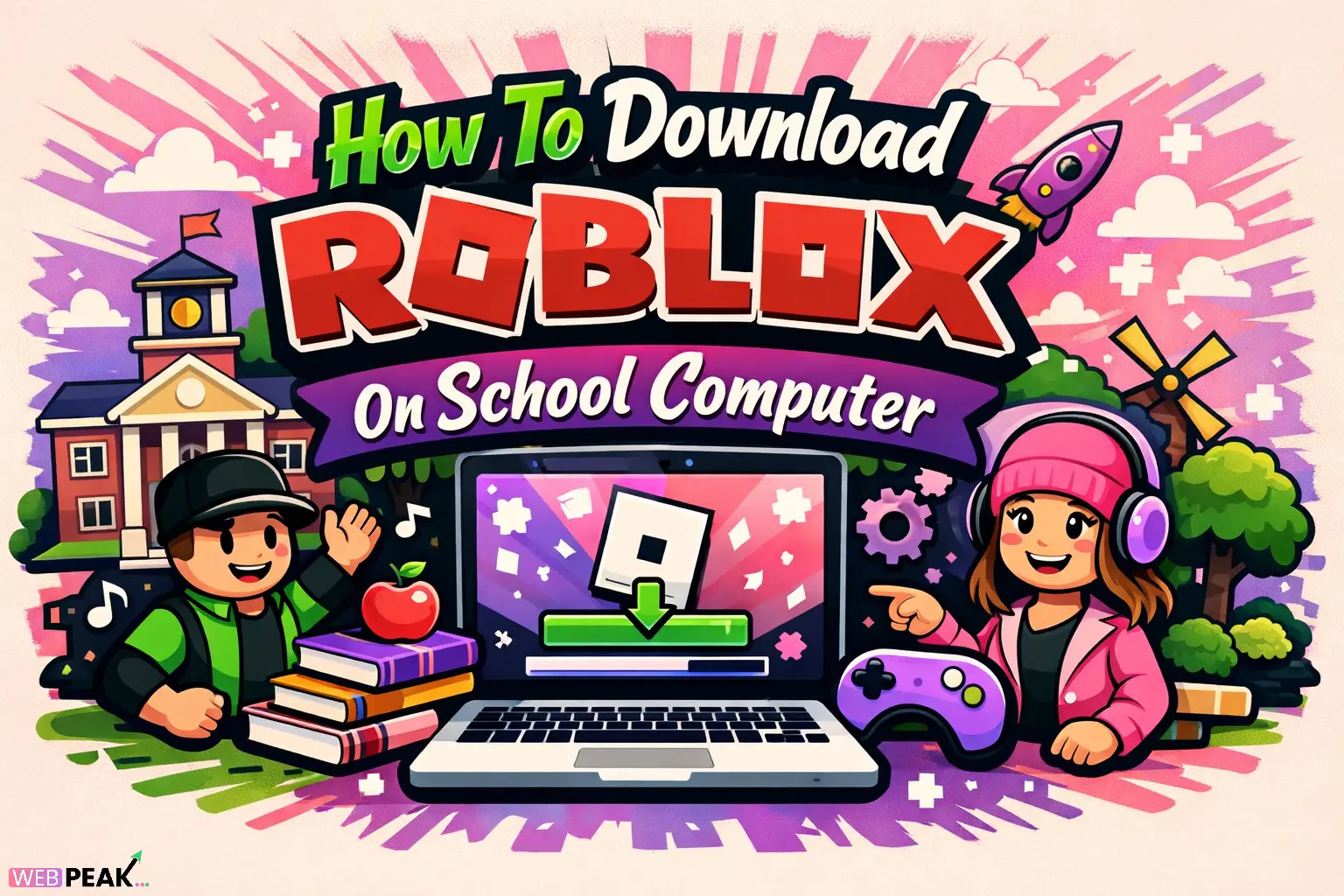How to Find the Best Web Developers Near You in 2025
Choosing the right web developer in 2025 can feel overwhelming. The market is crowded, tools evolve fast, and your website is no longer just a digital brochure—it is your growth engine, your storefront, and your lead-generation machine. This guide breaks down exactly how to find, vet, and hire the best web developers near you this year, what to watch for, and how to ensure your project launches on time and delivers measurable results.
Why “Near You” Still Matters—Even in a Remote-First World
While remote collaboration is now the norm, local partnerships remain powerful. Working with developers in (or near) your city can streamline onsite workshops, align meetings to your timezone, reduce miscommunication, and make post-launch support smoother. Local developers also better understand your market, competitors, and customer behavior—especially if you rely on local SEO or run a location-based business.
Start with a Clear Project Brief
Before you search, define your needs. A tight brief will save you time and cut costs.
- Objectives: Leads, sales, bookings, brand authority, or self-serve support?
- Scope: New build, redesign, migration (e.g., from Wix to WordPress), or feature add-ons (booking engine, memberships, dashboards)?
- Tech & CMS Preferences: WordPress, Webflow, Shopify, headless CMS, React/Next.js, or Laravel?
- Integrations: CRM (HubSpot, Salesforce), email, chatbots, analytics, payment gateways.
- Content & SEO: Who writes copy? Do you need keyword research, on-page SEO, and technical SEO?
- Budget & Timeline: Ranges are fine; developers can propose phased roadmaps.
How to Search for the Best Web Developers Near You
Use a combination of local discovery and professional signals to build your shortlist:
- Local directories & maps: Search “web developer near me” and check ratings, reviews, and recent photos.
- Portfolio platforms: Look for live links, industry relevance, and site performance (test their work’s speed and mobile UX).
- Referrals: Ask fellow business owners which developer actually delivered on time and on budget.
- Communities & events: Local tech meetups, chambers of commerce, and marketing associations often showcase dependable talent.
Vetting Developers in 2025: The Non-Negotiables
1) Technical Excellence (Today’s Stack)
In 2025, a strong developer (or agency) is fluent in modern, scalable stacks:
- Front-end: React/Next.js, Vue/Nuxt, SvelteKit; TypeScript for reliability.
- CMS: WordPress with custom themes or Gutenberg blocks, Webflow for rapid builds, Shopify for eCommerce, Headless CMS (e.g., Strapi, Sanity) for complex content.
- Performance: Image optimization, code-splitting, edge caching/CDN, Core Web Vitals.
- Security: Hardened hosting, automated backups, WAF, least-privilege access, secure payments.
- Accessibility (A11y): WCAG 2.2+ compliance, semantic HTML, keyboard navigation, proper contrast, alt text.
2) Design & UX That Convert
Your site must be beautiful, but also purposeful. Ask for examples where design decisions led to better conversion rates, longer session duration, or fewer support tickets. A/B testing and heatmaps are green flags.
3) SEO & Content Foundations
Even a stunning site fails without search visibility. Ensure your developer understands technical SEO (schema, canonicalization, sitemaps, robots, performance), on-page Search Engine Optimization (SEO) (titles, headings, internal linking), and content structure for topic authority.
4) Analytics & Compliance
Expect GA4 or a privacy-first analytics alternative, event tracking for conversions, and cookie consent aligned with your region’s regulations. Developers should set this up at launch, not as an afterthought.
5) Maintainability & Handover
Insist on clean documentation, a non-proprietary stack (unless you want it), and training for your team. You should be able to update pages, publish blogs, and manage products without developer intervention.
Questions to Ask Before You Hire
- Can you show 3–5 live sites similar to my industry and goals? What specific results did they achieve?
- How do you approach performance and Core Web Vitals? What is your typical mobile LCP and CLS?
- What is your process for accessibility and QA? Do you test with screen readers and keyboard-only navigation?
- How will you handle SEO from day one? Will you provide technical setup, on-page optimization, and schema?
- Who owns the code and design files? Confirm ownership and access to hosting, domains, and repositories.
- What does post-launch support look like? SLAs, response times, update schedules, and security patches.
- How do you estimate scope and prevent scope creep? Look for phased roadmaps, change logs, and clear milestones.
Pricing & Timelines in 2025: What to Expect
Pricing varies by complexity, stack, and team size, but these ranges can guide you:
- Starter sites (5–8 pages): Often $2k–$8k, 2–6 weeks.
- Custom SMB sites: $8k–$30k, 6–12+ weeks.
- eCommerce (Shopify/Headless): $10k–$60k+, depending on SKUs, integrations, and custom UX.
- Enterprise/headless builds: $40k–$250k+, multi-phase with integrations, SSO, and complex data models.
Beware of quotes that are dramatically low without a clear breakdown—this often leads to missed requirements, delays, or costly rebuilds.
Red Flags to Avoid
- No discovery phase: Rushing to design without understanding goals.
- Proprietary lock-in: You can’t migrate or self-manage the site.
- No performance or accessibility plan: Pretty but slow and non-compliant sites hurt rankings and conversions.
- Vague contracts: No clear deliverables, ownership, or support terms.
- Outdated stack: Ignoring modern frameworks, testing, and CI/CD.
How AI Is Changing Web Development in 2025
AI assistants accelerate layout generation, code refactoring, and content creation—but they do not replace strategy, brand voice, or quality assurance. The best developers use AI to speed up production while maintaining human oversight on UX, accessibility, and conversion strategy. Ask how your developer uses AI without sacrificing originality and security.
Local SEO & Performance: Make “Near Me” Work for You
If your business serves local customers, ensure the developer structures pages for city/region landing pages, adds local schema (Organization, LocalBusiness, Service), embeds map packs correctly, and builds a site architecture that supports “near me” queries. Combine this with fast load times on mobile and you’ll outrun slower competitors.
Process That Predicts Success
- Discovery: Stakeholder interviews, analytics review, competitor gap analysis, KPIs.
- Architecture: Sitemap, content hierarchy, and wireframes focused on conversion.
- Design: High-fidelity mockups, design systems, and accessibility baked in.
- Build: Modular components, clean code, CI/CD, performance budgets.
- Integrations: CRM, email, analytics, automation, and payment flows.
- QA & UAT: Cross-browser/device testing, Core Web Vitals, accessibility audits.
- Launch & Training: Migrations, redirects, analytics tagging, team training.
- Support: Security updates, backups, growth experiments, A/B testing.
When to Hire an Agency vs. a Solo Developer
Hire a solo developer for small brochure sites, simple redesigns, or limited budgets—provided they can handle basic SEO and analytics. Hire an agency when you need a team across strategy, UX/UI, content, development, SEO, and growth. Agencies shine on complex builds, eCommerce, and ongoing marketing.
A Proven Full-Service Option
If you want an experienced, full-service partner for Web Development, Digital Marketing, and SEO, you can hire WEBPEAK. As a unified team, WEBPEAK can plan your website for search visibility and conversions from day one, then support it with ongoing SEO and campaigns—so design, development, and growth work together.
Checklist: What to Collect Before You Kick Off
- Brand assets (logo files, fonts, color palette, brand guidelines)
- Top competitor URLs and what you like/dislike
- Initial sitemap and page priorities
- Key messages, offers, and proof (testimonials, case studies, awards)
- Required integrations and credentials (domain, hosting, email, CRM)
- Legal pages (privacy, terms), compliance needs, and regional policies
FAQ
How long does a custom website take in 2025?
Simple sites can launch in 3–6 weeks. Custom or eCommerce sites often require 8–16+ weeks, depending on content readiness, integrations, and approvals.
Do I need ongoing maintenance?
Yes. Security patches, CMS updates, content changes, and performance monitoring protect your investment and keep conversions high.
What’s the difference between Webflow, WordPress, and headless?
Webflow is fast for visual builds and marketing sites. WordPress is flexible with vast plugin support. Headless decouples front end and content for speed, security, and scalability—ideal for complex or multi-channel needs.
Can my developer handle SEO?
They should. At minimum, expect technical SEO, on-page optimization, and analytics setup. For competitive industries, pair with a dedicated SEO strategy and content plan.
Final Takeaway
Finding the best web developers near you in 2025 comes down to clarity of goals, rigorous vetting, and choosing partners who blend design, development, performance, and SEO Services into one growth-focused process. Build a precise brief, ask the right questions, and prioritize teams that prove past results—then set your site up not just to launch, but to lead.





